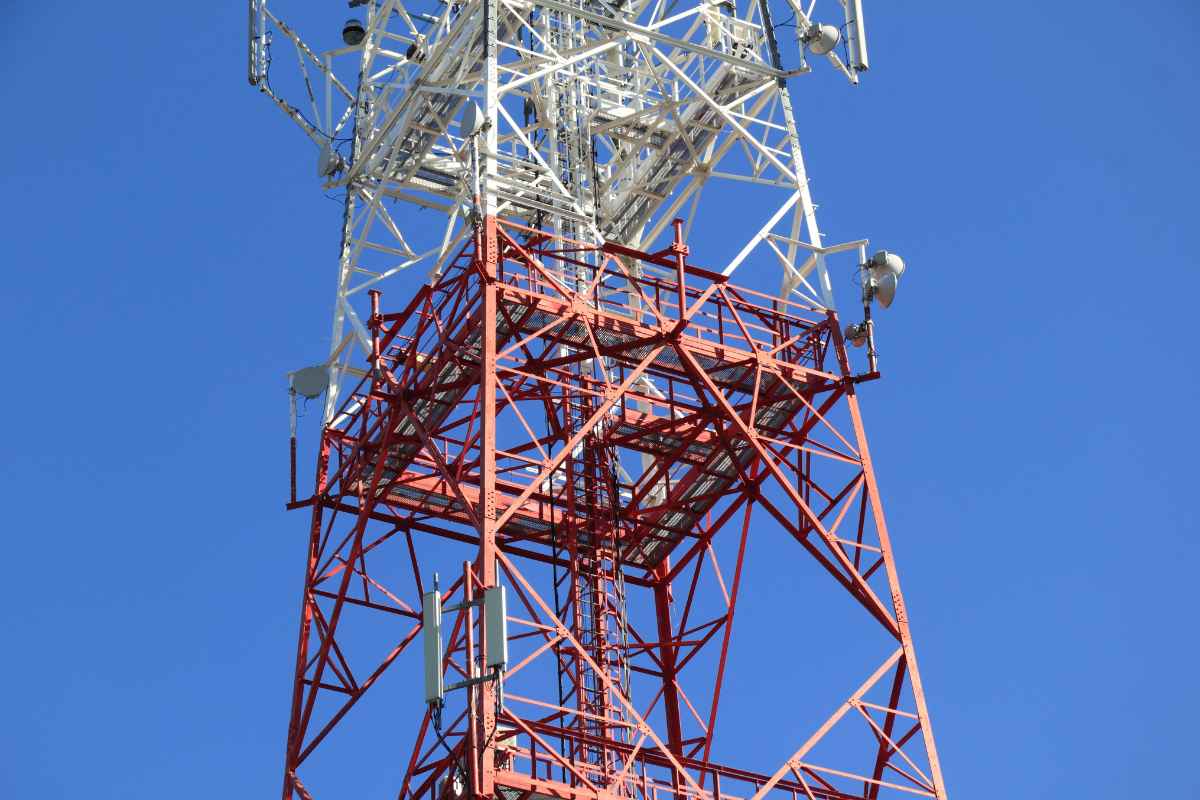
Residents of border regions including Leh, Ladakh, Jammu and Kashmir, and Arunachal Pradesh can now get telecom services. The associated limits for the licence have been changed by the central government to simplify the rule. By enabling Telecom Service Providers (TSPs) to provide access close to the international border, the Department of Telecommunications (DoT) took a crucial decision.
Information on the border region's telecommunications services in more detail
The Department's announcement will make it easier for telecom companies to provide services in areas where they are currently sparse. The DoT's circular states that all other Terms & Conditions must be upheld and that the modification is a necessary component of the Unified License Agreement. As a result, the government changed the conditions of the Unified Access Services License Agreement (UASL). With this, telecom service would be made available in several places, including the border regions like Leh, Ladakh, Jammu, Kashmir, Sikkim, Arunachal, Rajasthan, and Uttarakhand. The Army is no longer required to approve or review telecom service along the Line of Control and International Border.
The reduction of security measures, according to industry analysts, will assist mobile rollouts in border regions and improve present mobile coverage. As a result of the coverage limitations, the mobile signals of Indian carriers weren't available to many Indians living in border regions, forcing them to regularly rely on nearby mobile networks in Bangladesh, China, or Pakistan. Since local cell coverage will be more extensive and robust, border regions will now be able to connect to domestic carriers.
In accordance with the earlier rules established by the DoT, the telecom operators had to make sure that the base station, cell site, or radio transmitter was as distant from the border as the radio signal. When they approach or cross an international boundary, the signals emanating from that area weaken. Furthermore, the installation of base stations, cell sites, and radio transmitters was only permitted with the prior approval of the regional army authority.















